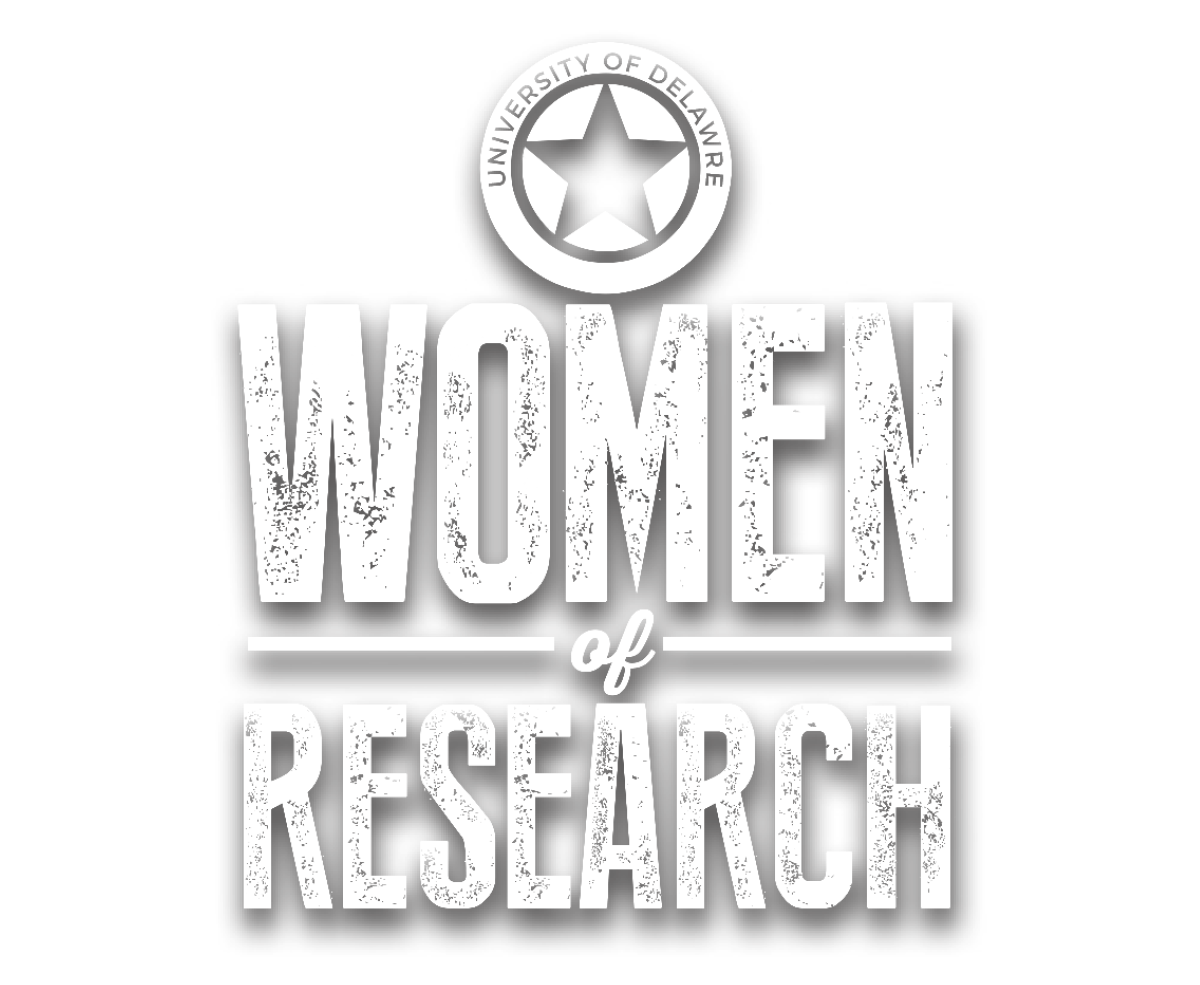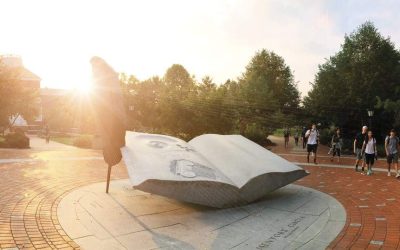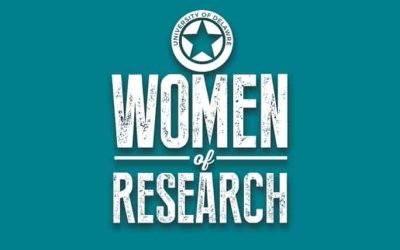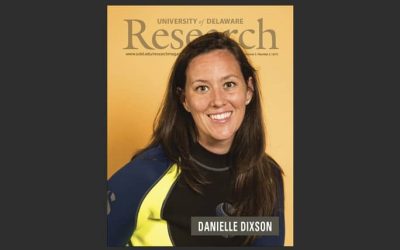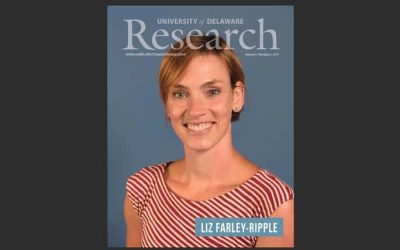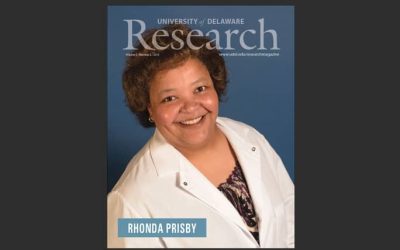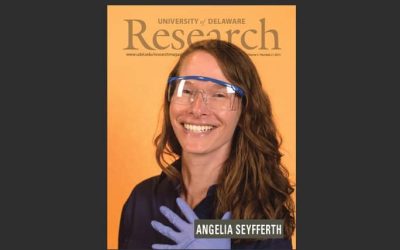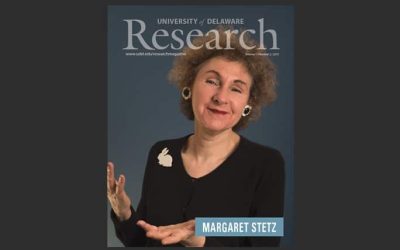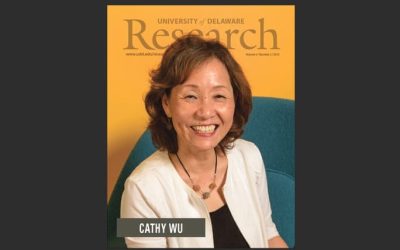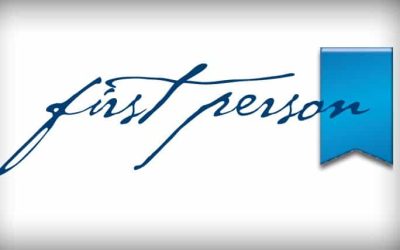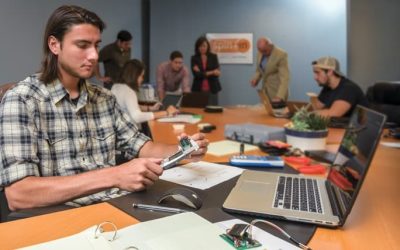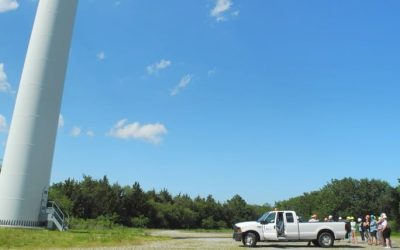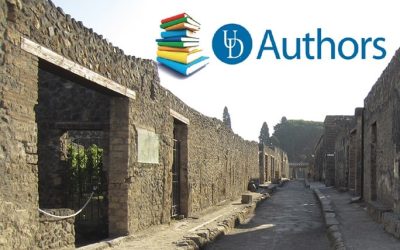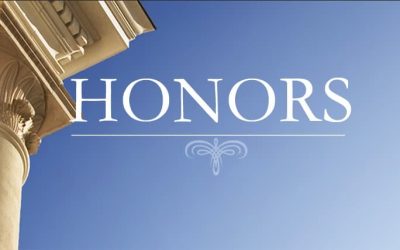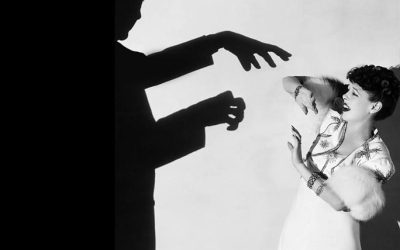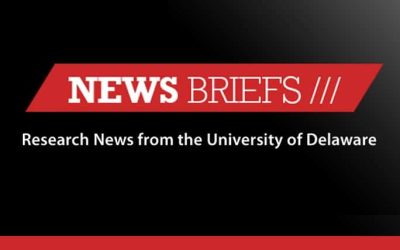
Joe had two undergraduate business professors who encouraged her, telling her that she would be a good fit within academia. A third professor, who taught in the natural sciences, selected her as one of his research assistants despite her business major. Her interactions with these professors convinced her that teaching and research at the university level was the professional path for her.
Joe’s teaching style stems from her personal philosophy to “be true to yourself, treat others fairly and always put forth the best effort.” She wants “to provide positive motivation for my students…. I work hard at helping my students to understand.”
Research appeals to her naturally curious mind and affinity for figuring things out. “The most fun part of research is problem-solving and exchanging ideas with others,” Joe notes, adding, “I draw inspiration from collaboration with my colleagues.” Her commitment to collaboration also has yielded research results that are now attracting attention in the field of accounting.
A recent paper, “How Management’s Expressions of Confidence Influence Auditors’ Testing,” is one of only seven selected for the 30th Contemporary Accounting Research (CAR) Conference set for Vancouver, British Columbia, in late October. The paper presents first-of-its-kind research documenting the influence that managers of high-risk companies can have on the depth and quality of audits when these managers demonstrate confidence to auditors. An earlier version of the paper was presented this past summer at the International Symposium on Audit Research.
Joe says the study reveals a previously undiscovered judgment trap for auditors and challenges conventional thinking that auditors would be able to ignore managers’ statements of confidence.
She admits that the study’s findings are puzzling because the auditors’ behaviors in the study go against traditional psychological explanations related to the link between confidence and competence. Joe and co-author Sanaz Aghazadeh have developed theories to explain this behavior, and they plan to explore various explanations in future studies.
It’s not surprising that Joe is intrigued and challenged by puzzles like this. “I love the problem-solving aspect of my job,” she says, explaining that she comes from “a large, gregarious extended family where loud debates, board games and jigsaw puzzles were a staple. I think that my family environment prepared me for the problem-solving aspect of my career.”
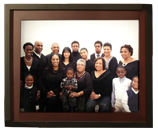
TRUE INSPIRATION
Family relationships—her husband, children and extended family—inspired Jennifer Joe’s research. “Our parents encouraged us to solve puzzles. They’d buy boxes and boxes of jigsaw puzzles, and that was my interest in problem-solving.”
Between 1973 and 2008, the number of women in academia increased from 10,700 to 93,400 — National Science Foundation
MORE STORIES
ADVANCE-ing UD
Seven faculty members are highlighted in this issue of UD Research. Indeed, there are commonalities among them—a steadfast commitment to excellence, unrelenting intellectual curiosity, mentors and role models who inspire, and a disdain for the status quo. I encourage you to read their stories to learn about their inspirations, the challenges they have faced and the scope and quality of their scholarly endeavors.
Women of Research
Extraordinary research is underway at the University of Delaware, and women are all over it. We profile seven researchers who offer insight into their work—from coral reefs to corporations—what hurdles they have cleared and what keeps them moving forward.
Danielle Dixson
A chance encounter with a tour guide at the Shedd Aquarium in Chicago is what sparked Minnesota native Danielle Dixson’s interest in marine biology. “I was 5 years old and the guide gave me a book for asking a clever question about whales,” she says.
Liz Farley-Ripple
Elizabeth Farley-Ripple did not set out to become an education researcher. As an undergraduate at Georgetown University, she started out majoring in Latin American Studies. Then came Professor Bill McDonald’s sociology course focusing on research methods. “I had an aha moment,” says Farley-Ripple. “I realized I could have an impact—and actually apply the ideas I had been reading about.”
Rhonda Prisby
Rhonda Prisby had a plan for her master’s degree in exercise physiology. She expected to work in a cardiac rehabilitation clinic. Then a professor mentioned something she hadn’t considered—her potential as a researcher.
Angelia Seyfferth
Having had the chance to conduct research taking water samples on the Chesapeake Bay early in her undergraduate studies, Angelia Seyfferth, assistant professor in the Department of Plant and Soil Sciences, is hoping to pass her enthusiasm for research to young scholars in her lab.
Margaret Stetz
As a scholar with diverse interests from 19th-century British literature to military history and fashion studies, and who shares her work in a variety of academic and community forums, Margaret D. Stetz might be expected to have difficulty summarizing what she does.
Cathy Wu
For Cathy Wu, becoming a bioinformatics expert was kind of accidental. Armed with a Ph.D. in plant pathology and a postdoc in molecular biology, she followed her husband on a job move to Tyler, Texas, in the mid-1980s, but was unable to land a good faculty position there.
Never underestimate the power of good mentoring
A few years ago, a newly hired female faculty member had the following experience: A male colleague responded to her hallway greeting by saying hello and adding, “I hope everyone is making you feel welcome.”
Spin in spins out innovation
The University of Delaware’s “Spin In” program, founded, managed and trademarked by the Office of Economic Innovation and Partnerships, connects University undergraduate students with community entrepreneurs and early-stage startups to give them an inside look at business innovation in action and a chance to apply what they’re learning in real-life situations.
Making it clear
For the past three years, almost 90 educators from around Delaware and Maryland have been working with scientists and environmental experts from the University of Delaware and the University of Maryland. The goal is to develop a richer understanding of climate change and build effective activities and instruction plans to help their students understand the data and find potential solutions.
Solar Strong
The vast majority of the sun’s extraordinary power remains out of reach—absorbed, deflected or otherwise inaccessible to today’s power-hungry masses—but University of Delaware researchers continue their quest to capture more, store more and deploy it more efficiently.
Slaves’ lives emerge from ancient ruins
“Detfri slave of Herennius Sattius” and “Amica slave of Herennius” reads the terra-cotta tile. It was discovered atop the ancient temple in Pietrabbondante, a town tucked into the bare rock and evergreen-covered mountains more than 100 miles east of Rome.
Honors
• Dugan named Truman Scholar
• Overby elected to board of Oak Ridge consortium
• Backbone of the profession
Fearsome Fridays
Tom Fernsler, “Dr. 13,” now retired from the Delaware Center for Teacher Education, knows a lot about Friday the 13th. Do you? Take our quiz and find out!
News Briefs
• Changing the color of light
• What’s it really mean if a CEO is greedy?
• Research All-Stars field new findings



